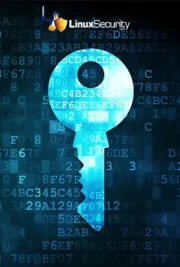Slammer, Other Older Threats Making a Comeback
Gunter Ollmann, director of security strategy for IBM ISS, says Slammer is the most common network threat he and his fellow researchers find today, and there are likely more hosts infected by it now than when it first hit the Net. But it's not just Slammer that's made a comeback -- Ollmann says other "eradicated" malware is making a comeback as well, including older Web-based threats. This article is claiming the slammer worm is the most common network threat even today. I wonder what could be causing this? Aren't users keeping their operating systems up-to-date with the latest patches? One thing which I found interesting was anti-virus software don't always find this worm because they retire old signatures for performance reasons.















